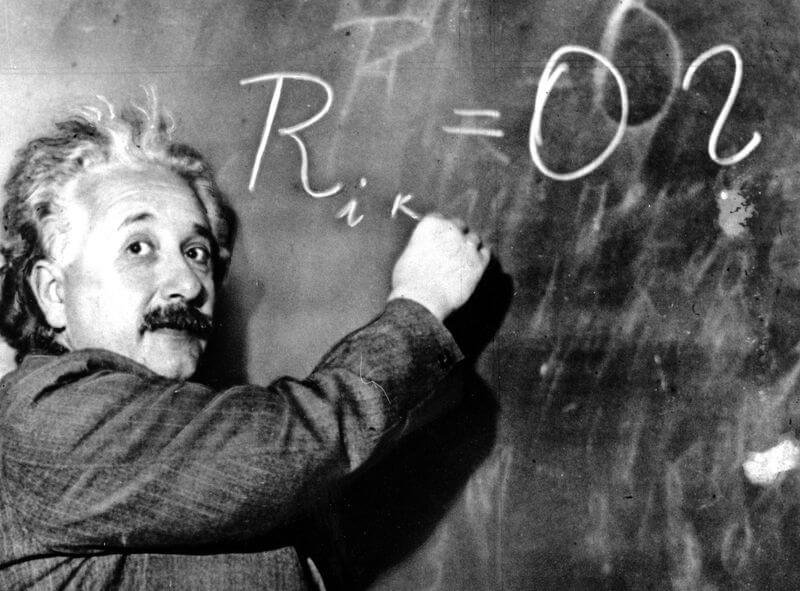You may not have noticed, but we are living in an intellectual golden age.
Since the intelligence test was invented more than 100 years ago, our IQ scores have been steadily increasing. Even the average person today would have been considered a genius compared to someone born in 1919 – a phenomenon known as the Flynn effect.
We may have to enjoy it while we can.
…
If you look at Finland, Norway and Denmark, for instance, the turning point appears to have occurred in the mid-90s, after which average IQs dropped by around 0.2 points a year. That would amount to a seven-point difference between generations.
Partly because they have emerged so recently, these trends are even harder to explain than the original Flynn effect. One possibility is that education has become slightly less stimulating than it once was – or at least, has not targeted the same skills. Some of the IQ tests used have assessed people’s mental arithmetic, for instance – but as Ole Rogeberg at the University of Oslo points out to me, students are probably more used to using calculators.
For now, it seems clear that our culture can shape our minds in mysterious ways.
Read full, original post: Has humanity reached ‘peak intelligence’?































